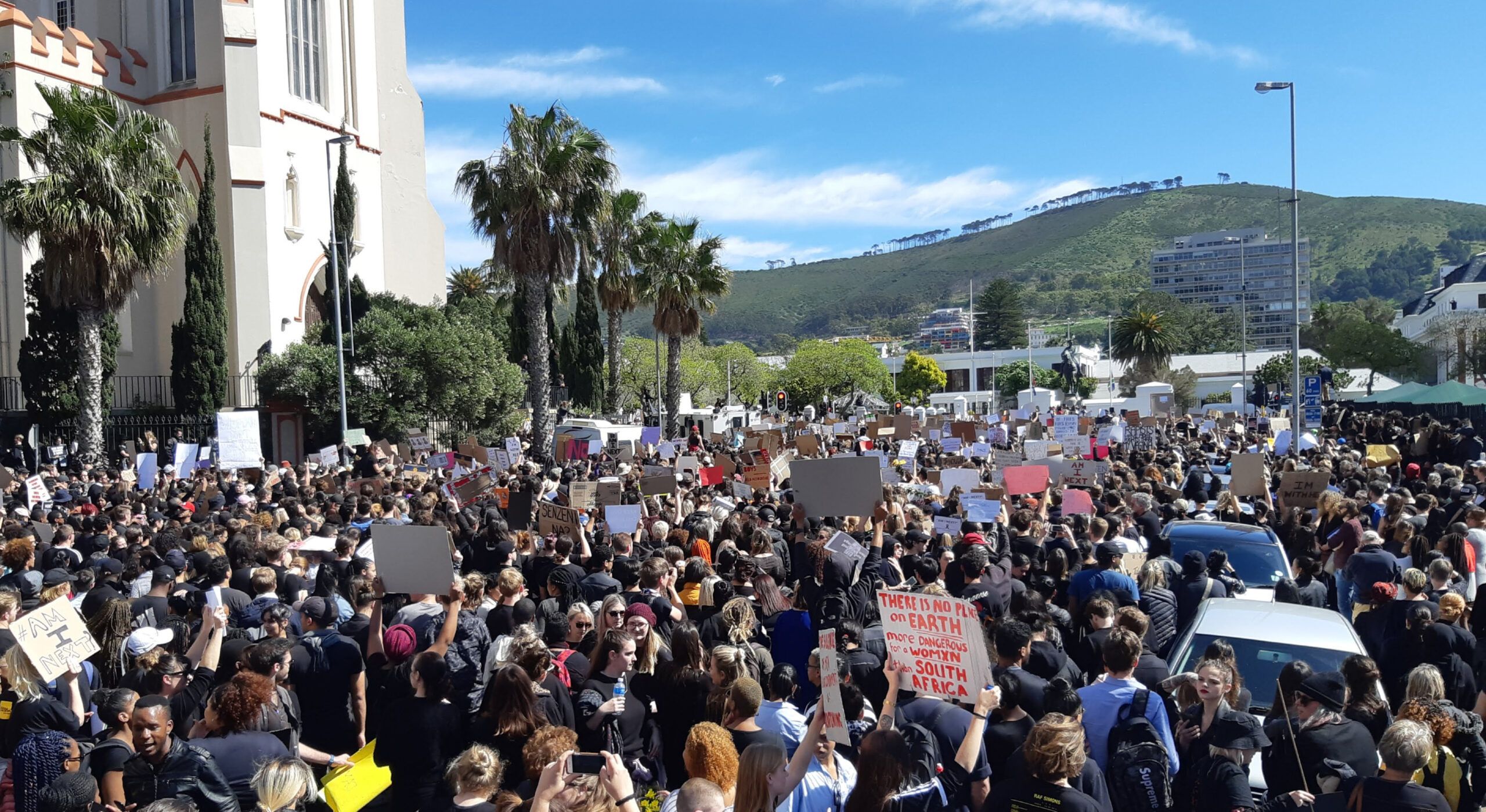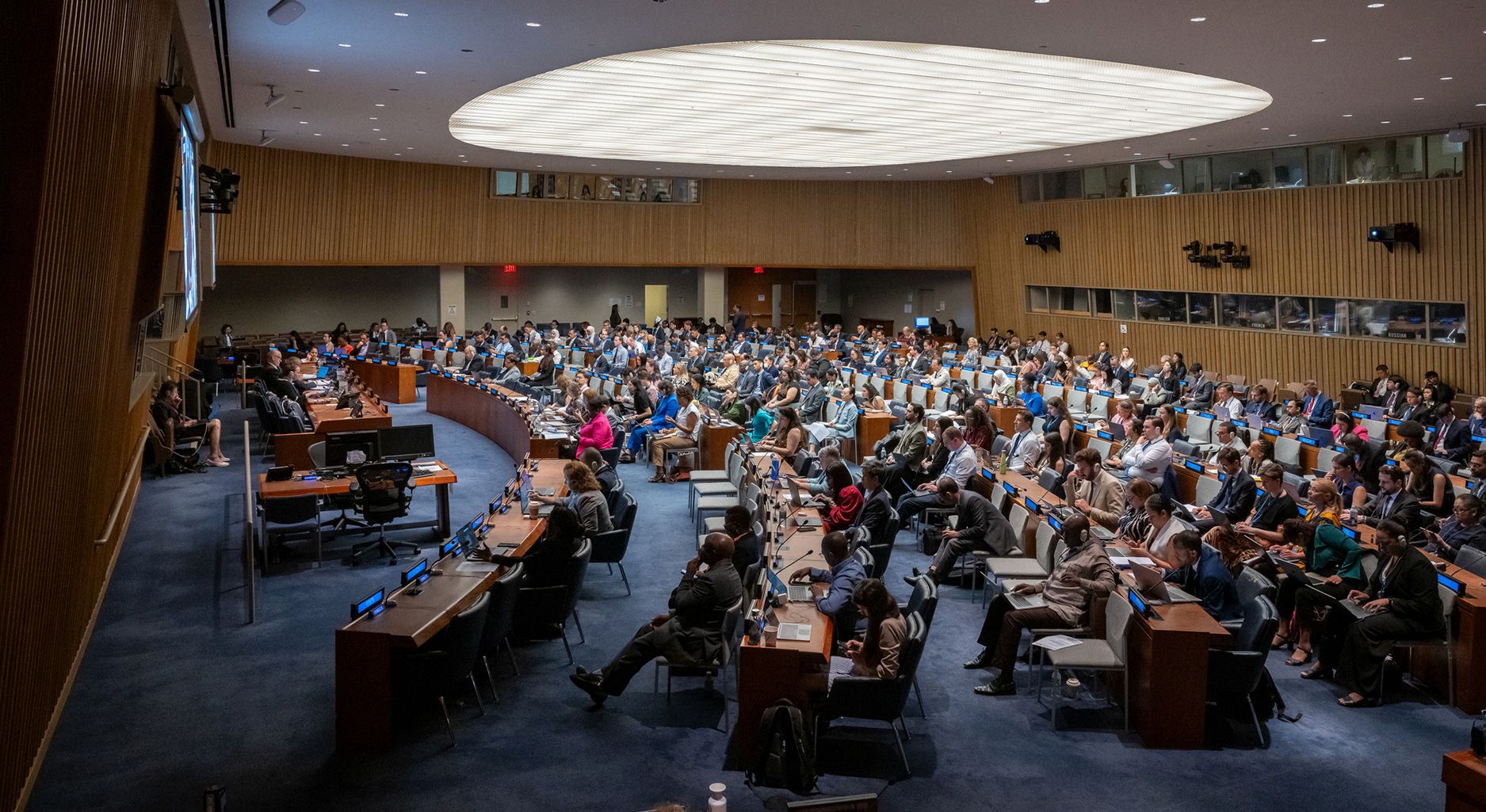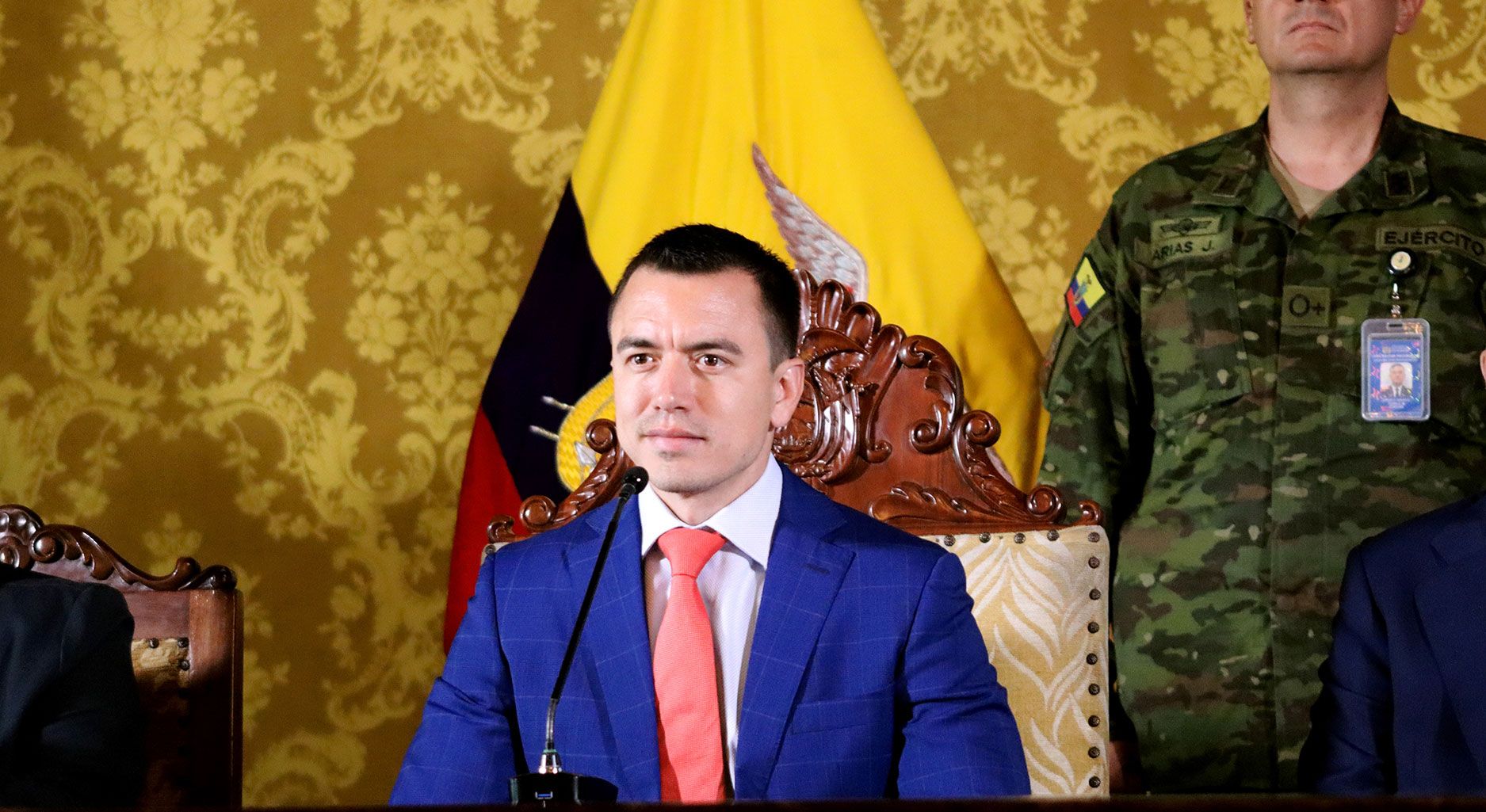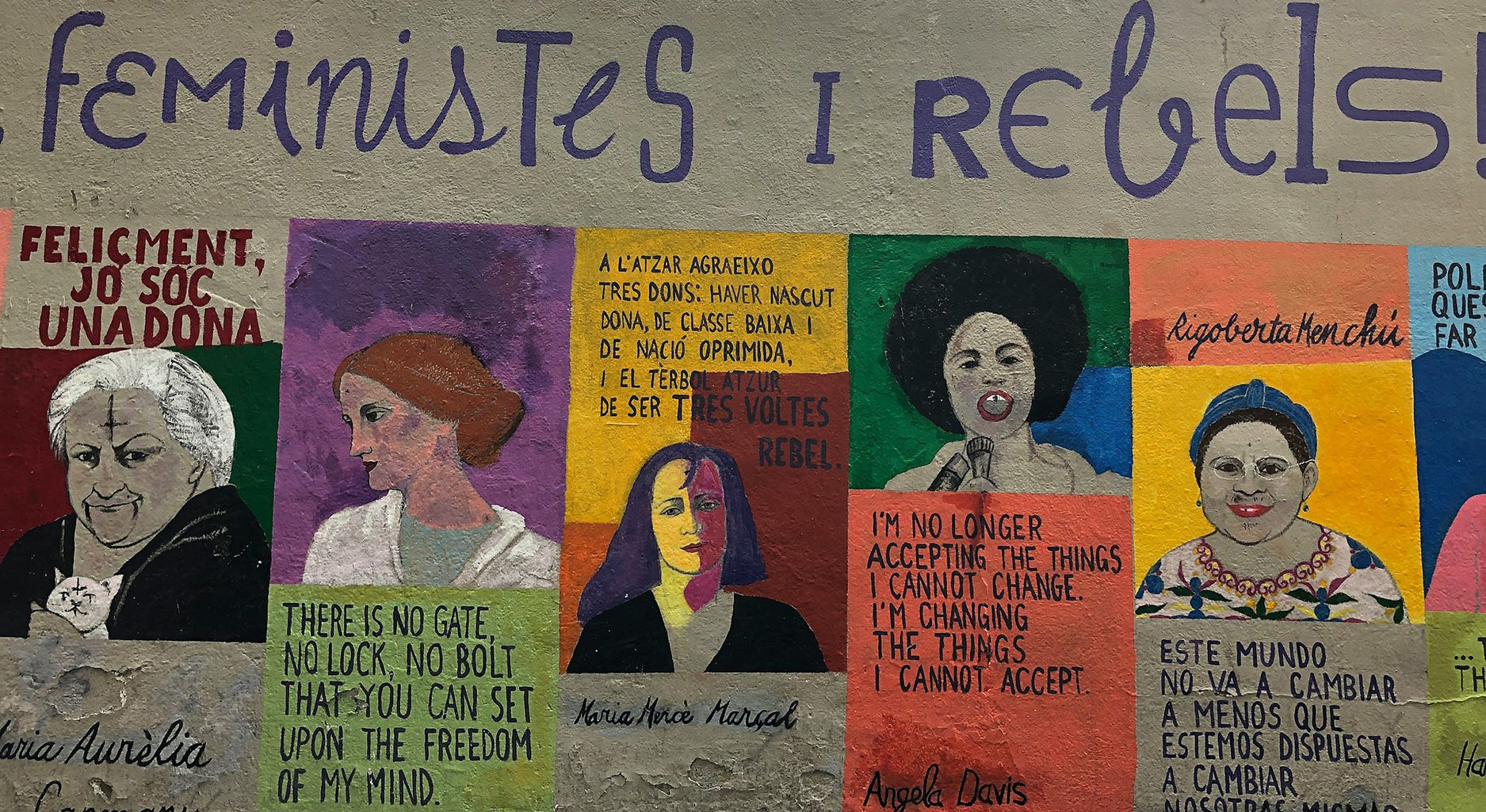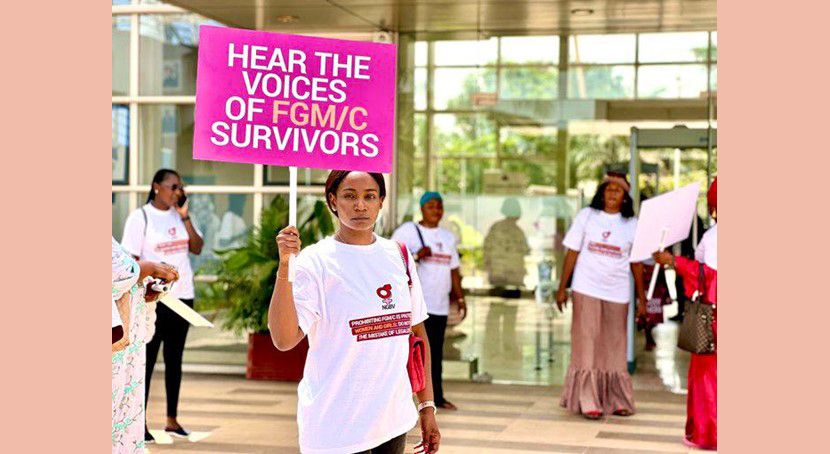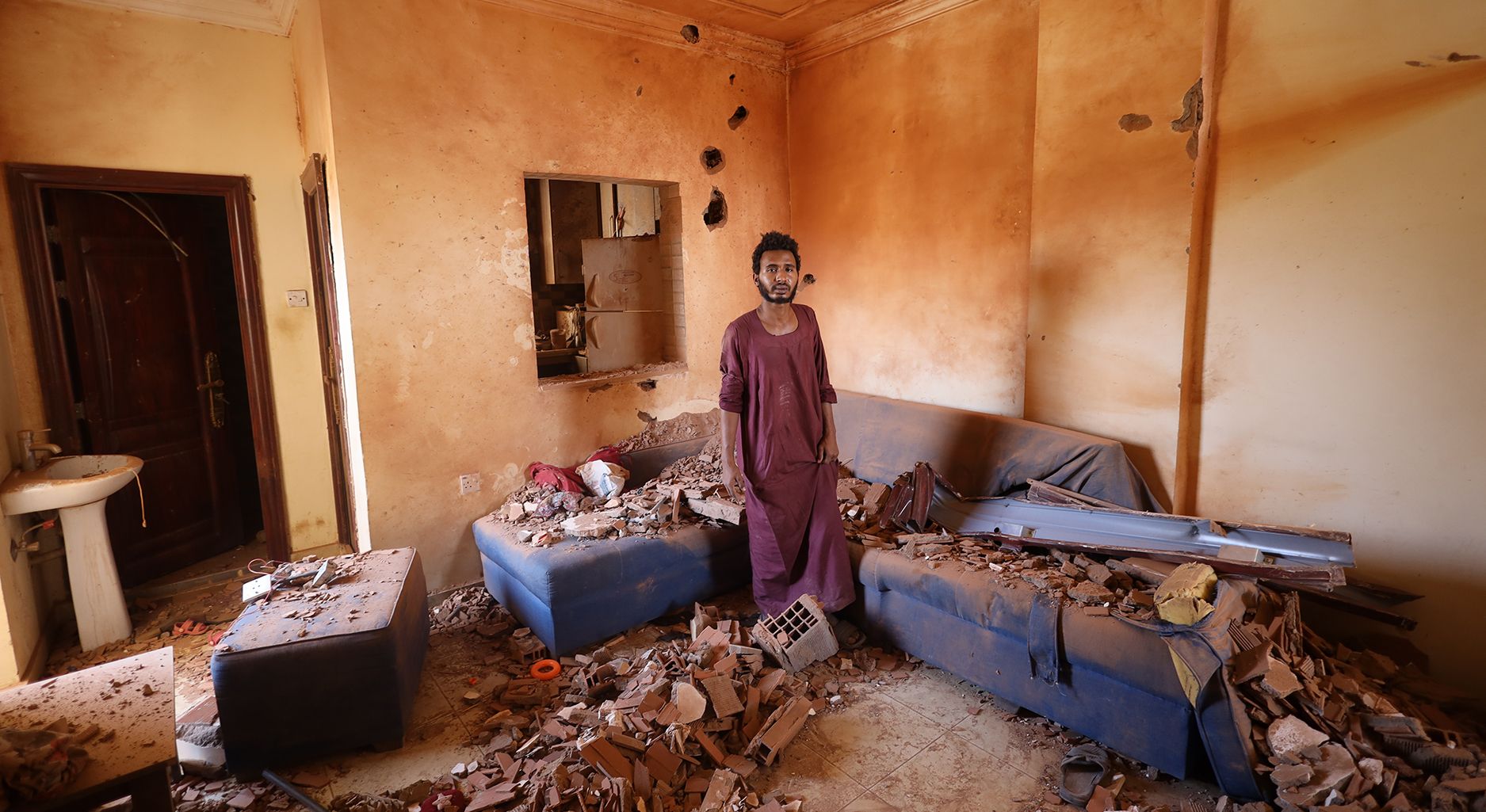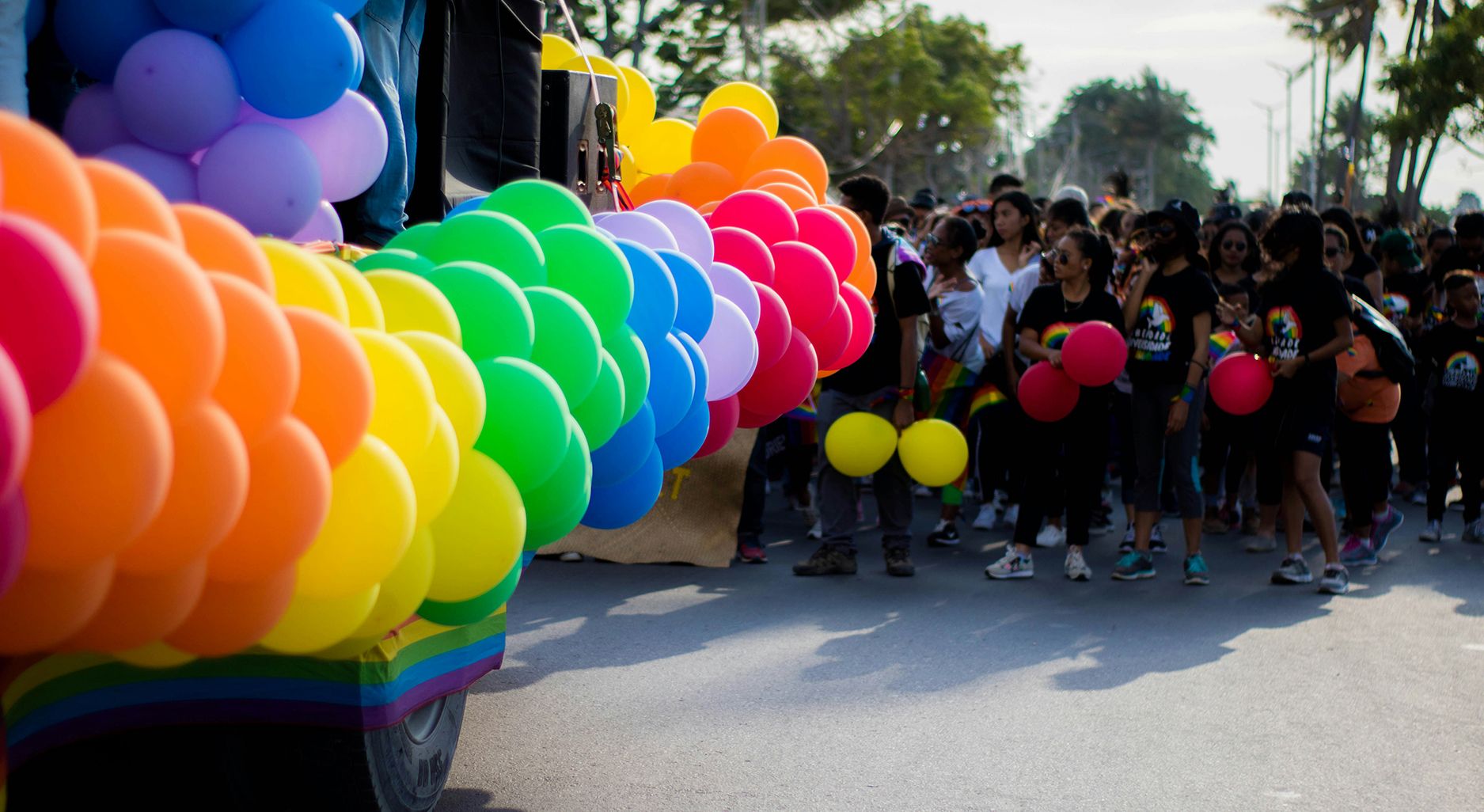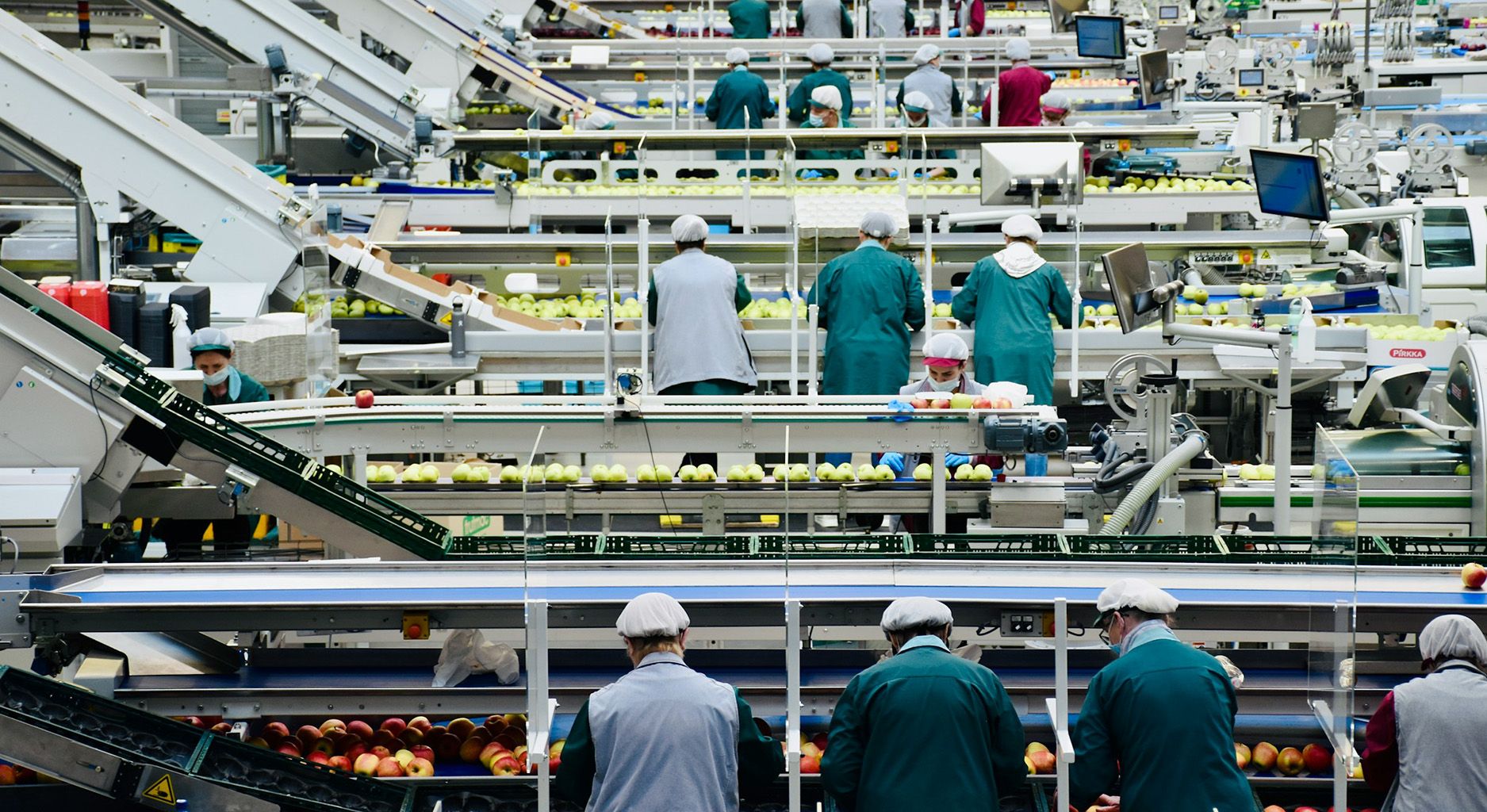Tag: Human Rights
The number of femicides is rising globally. Yet, perpetrators often face reduced sentences,...
Consensus, Contestations and Silences: Reflections on the Final Session of the OEWG on Information and Communications Technologies
The 11th and final session of the UN Open-Ended Working Group (OEWG) on security of and in the...
Freie Fahrt für harte Hand? Ecuadors militärischer Kampf gegen das Verbrechen geht in die zweite Runde
Am 24. Mai 2025 hat Daniel Noboa sein altes, neues Amt als Präsident Ecuadors angetreten. Damit...
On International Women’s Day: Feminist Peace Perspectives for Ukraine
February 24 marked the third anniversary of Russia’s war of aggression against Ukraine. Various...
Moving in the Rights’ Direction? An Assessment of the EU Global Human Rights Sanctions Regime
Four years ago, on December 7, 2020, the European Union (EU) adopted its Global Human Rights...
Keeping up the Ban against FGM/C: A Strong Signal for Reproductive Health and Rights from The Gambia to the World
Despite a 2015 ban, Female Genital Mutilation/Cutting (FGM/C) remains practiced in The Gambia. A...
Sudans humanitäre Katastrophe: die Rolle von Zivilgesellschaft und Kunst als Zeugen
Im April 2023 begann im Sudan ein Krieg neuen Ausmaßes. Seither wurde die Hauptstadt Khartum...
Backlash Against LGBTIQ+ Rights in Peacebuilding: Raising Awareness During Pride Month
June is celebrated as pride month worldwide. It highlights the achievements that have been made...
A Gap between Social and Ecological Rights: A Commentary after One Year of the German Supply Chain Due Diligence Act
Frequent violations of human, labor, and environmental rights continue to impact supply chains...
Socio-ecological Transformation Conflicts: A Central Field of Conflict and Research in the 21st Century
Conflicts over climate and energy policy, security and geopolitical dimensions of global...
